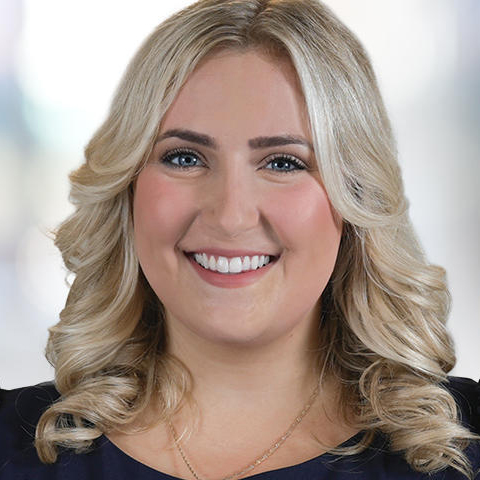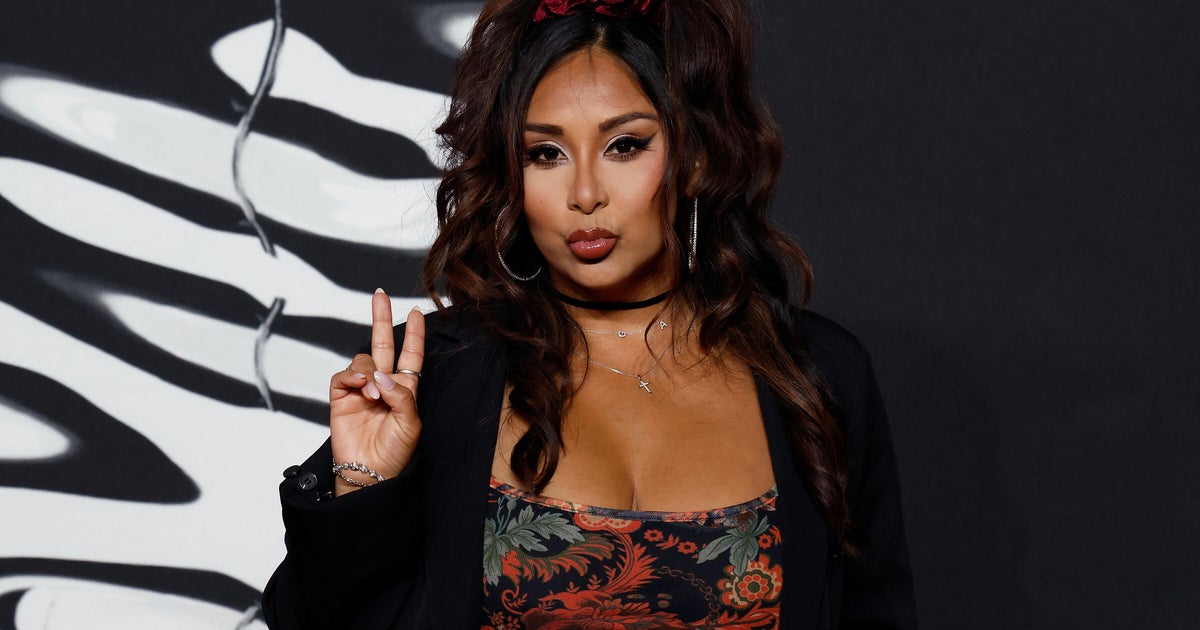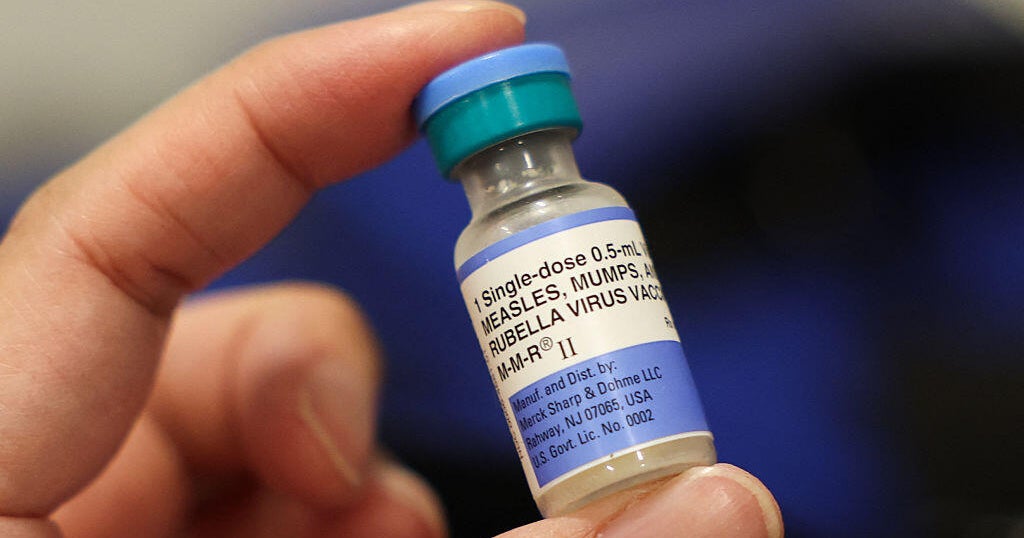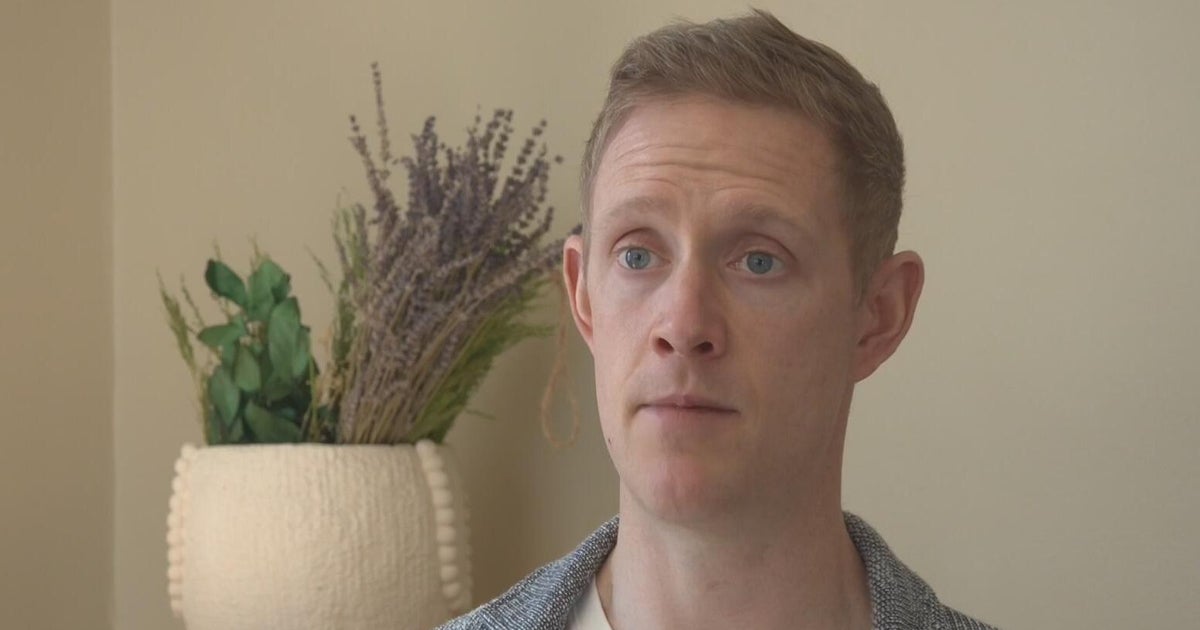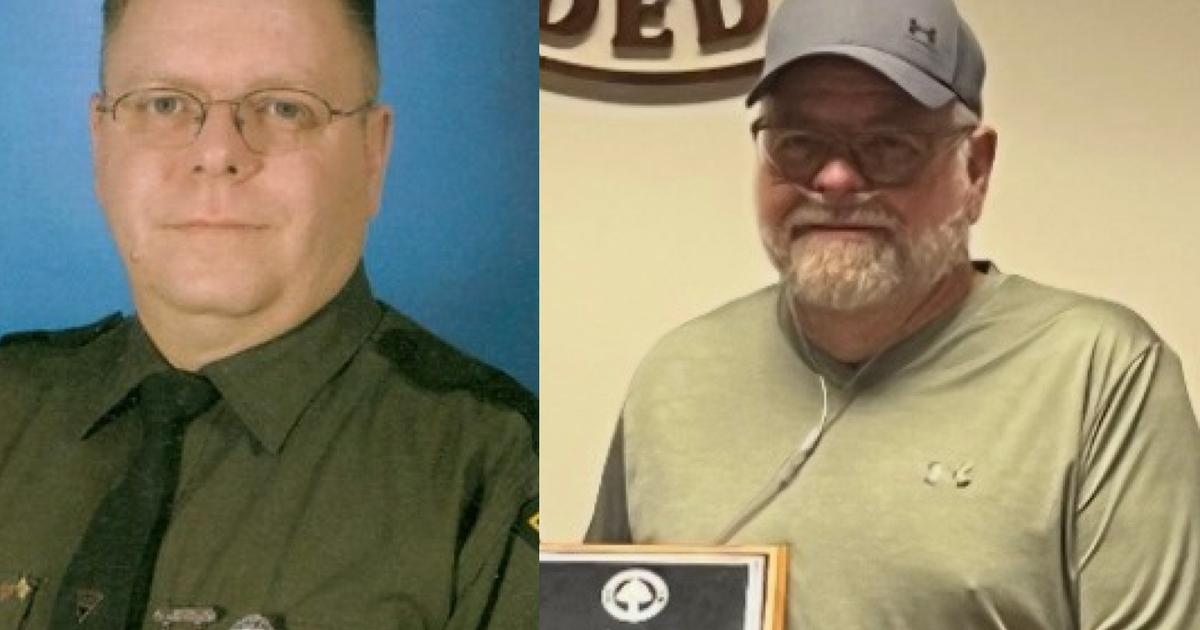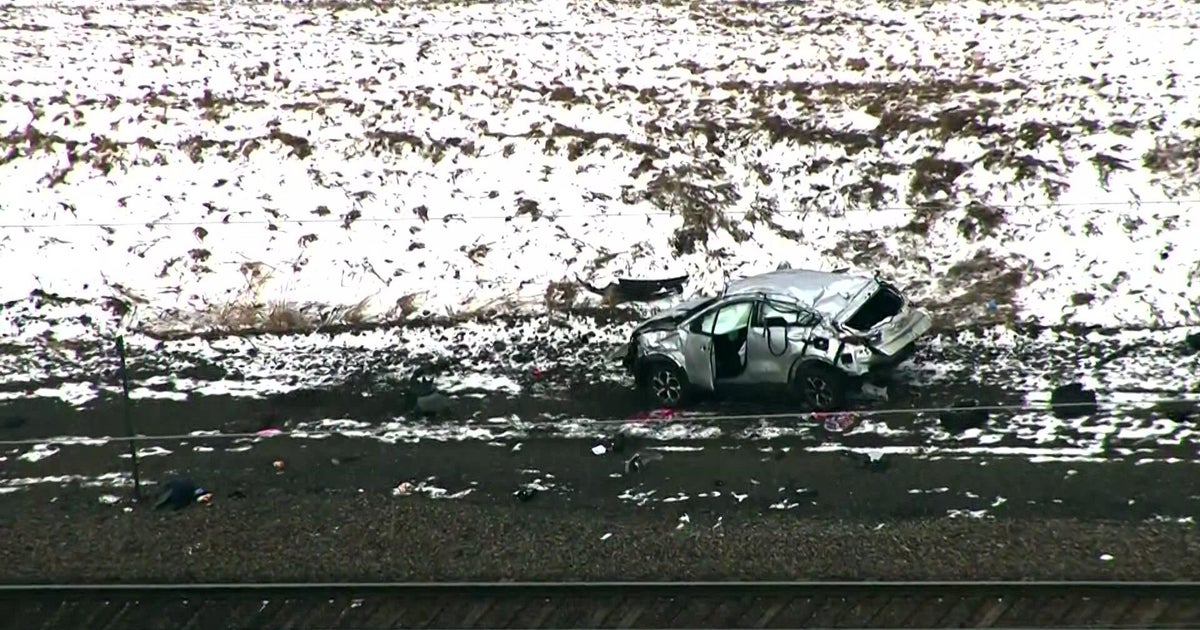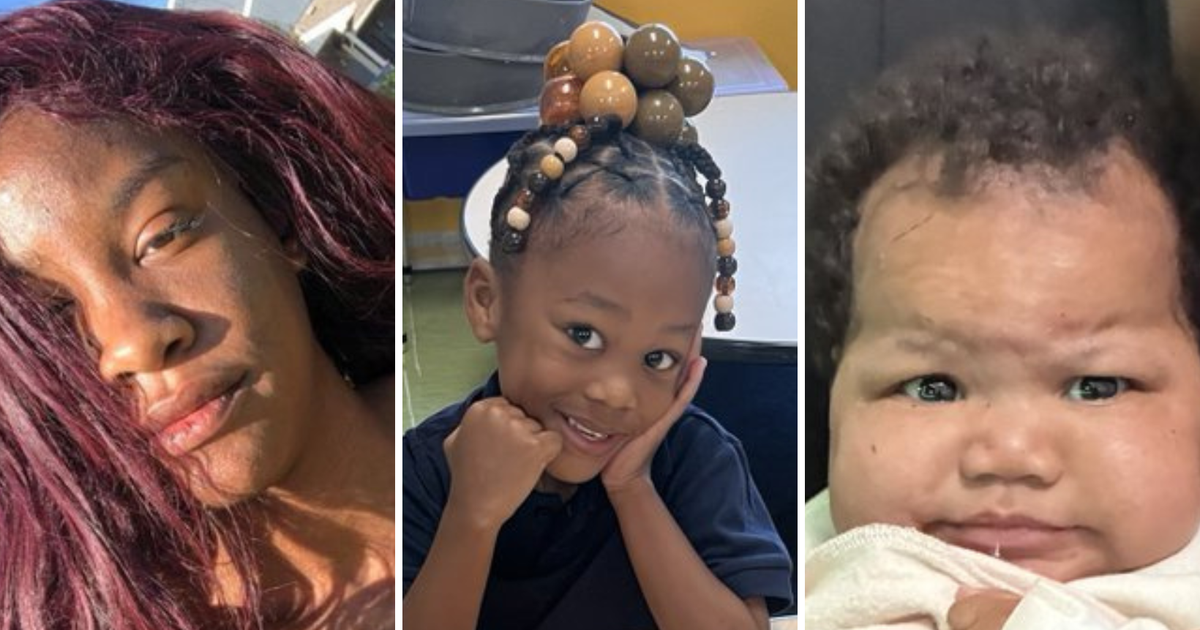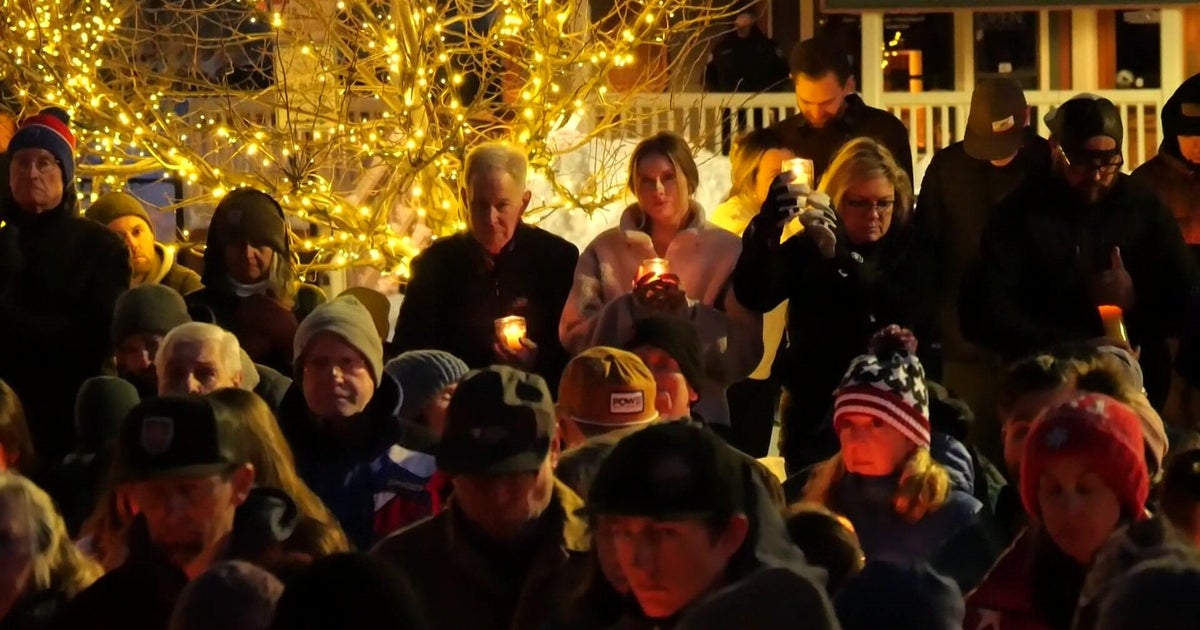After colon cancer diagnosis at 35, Minnesota artist Chris Rodriguez is advocating for more testing
MINNEAPOLIS — It's a diagnosis no one wants to hear, but as a healthy 35-year-old, cancer was nowhere near Chris Rodriguez's radar.
"I didn't know that it was something that I needed to be concerned about at this age," Rodriguez said. "And now, I'm on the other side of it and a cancer survivor and I'm just telling everybody."
Rodriguez is part of a growing number of young people under 50 being diagnosed with cancer.
"I wasn't feeling super well, like I just felt a little bit off, so I decided to go to the doctor," he said. "The next thing I knew I was in surgery, and the next thing I knew after I was in chemotherapy."
It was stage three colorectal cancer. It came as a complete shock, especially since Rodriguez was living a full and healthy life. He was working as an animator, in peak physical condition and pursuing a hobby he was passionate about: Improv acting.
"I think it's very important for people to be aware of the fact that this is happening earlier and earlier," he said.
Since 2000, the number of diagnoses in people younger than 50 has risen 13%. Rates of gastrointestinal cancers, like Rodriguez's, are rising the fastest.
"It is pretty alarming to see this increase in younger patients, where we're not expecting this cancer to occur," said Dr. Joleen Hubbard, Rodriguez's oncologist.
Hubbard says catching it early is key. Abdominal pain, rectal bleeding or change in bowel movements can all be a sign that something's not right.
READ MORE: A DJ and cancer survivor are showing how music can comfort patients
"But many of the patients that we're seeing are, you know, they're young, they're healthy, they're eating well, they're exercising, they're physically fit, and they're still developing cancer," she said.
After months of chemotherapy, radiation and multiple surgeries, Rodriguez is cancer-free and excited to get back to "normal" life.
"All around I feel very, very lucky to be on this side and to be able to call myself a cancer survivor," he said.
He hopes his story helps break the stigma and encourages people to go to the doctor.
"You have to get over it. You have to be able to talk to your doctors about it," he said. "And the sooner you do, the sooner you have a diagnosis, the sooner you have a plan of action, the better of a chance that you have."
